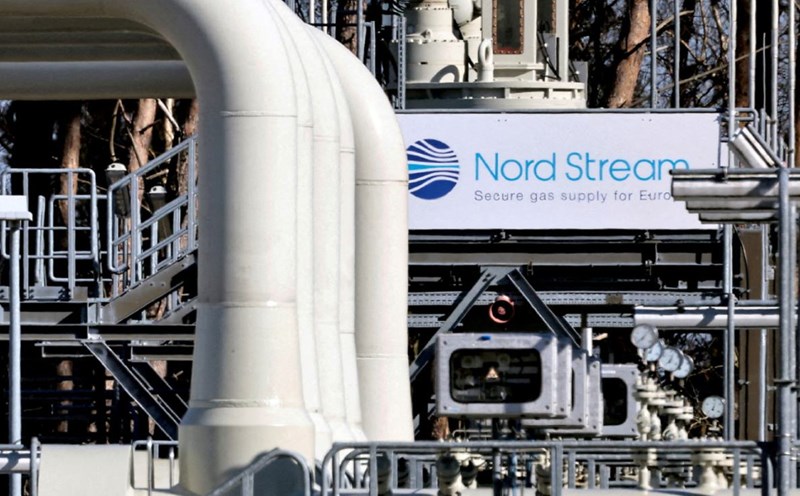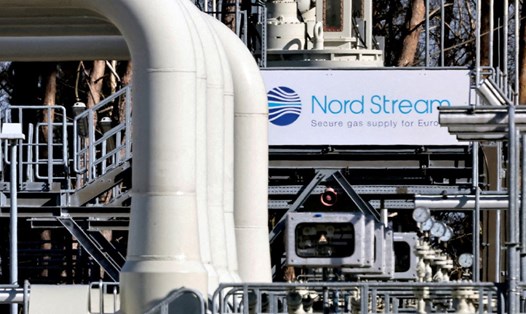The Serbian energy industry has just recorded another silent diplomatic victory: Naftna Industrija Srbije refining company d.d. (NIS), controlled by Russia's Gazprom Group, continues to be deferred from implementing US sanctions until the end of June.
Bloomberg said, the information was announced by Serbian President Aleksandar Vucic on Instagram: "The Serbian has successfully won another delay in sanctions against the NIS, this time lasting 2 months, until June 27. Thank you to our US partners for understanding Serbia's position."
Since the beginning of this year, NIS has been on the sanctions list of the Foreign Asset Control Office (ofac) of the US Department of Finance - in one of the toughest moves aimed at the Russian Petroleum industry. However, thanks to Belgrade's continuous movement efforts, the sanctions ordered 3 times was delayed, with the first 2 times each lasting 30 days.
This delay is not only economic, but also an important political achievement for Serbia - a country that has maintained a friendly relationship with Russia and tries to balance pressure from the West.
NIS's main refinery is located in Pancevo, just east of the capital Belgrade, which currently relies on crude oil imported via a pipeline through Croatia. However, as sanctions are tightening, the risk of supply being blocked via the pipeline is increasingly present.
To avoid a "locked valve" scenario, Serbia is urgently implementing a plan to connect to the Druzhba oil pipeline through Hungary - a strategic oil corridor from Russia to Europe.
Analysts say that even if sanctions continue to be postponed, the future of NIS operations will still be fragile due to unpredictable geopolitical fluctuations.
Serbia's successful negotiations to delay sanctions against NIS are being called by many observers the "art of borrowing time" in diplomacy. However, this period of time is limited.
If alternatives are not implemented in time, and if the West is tougher in the next rounds of sanctions, the NIS and Serbia will face major challenges in energy security and the economy.










